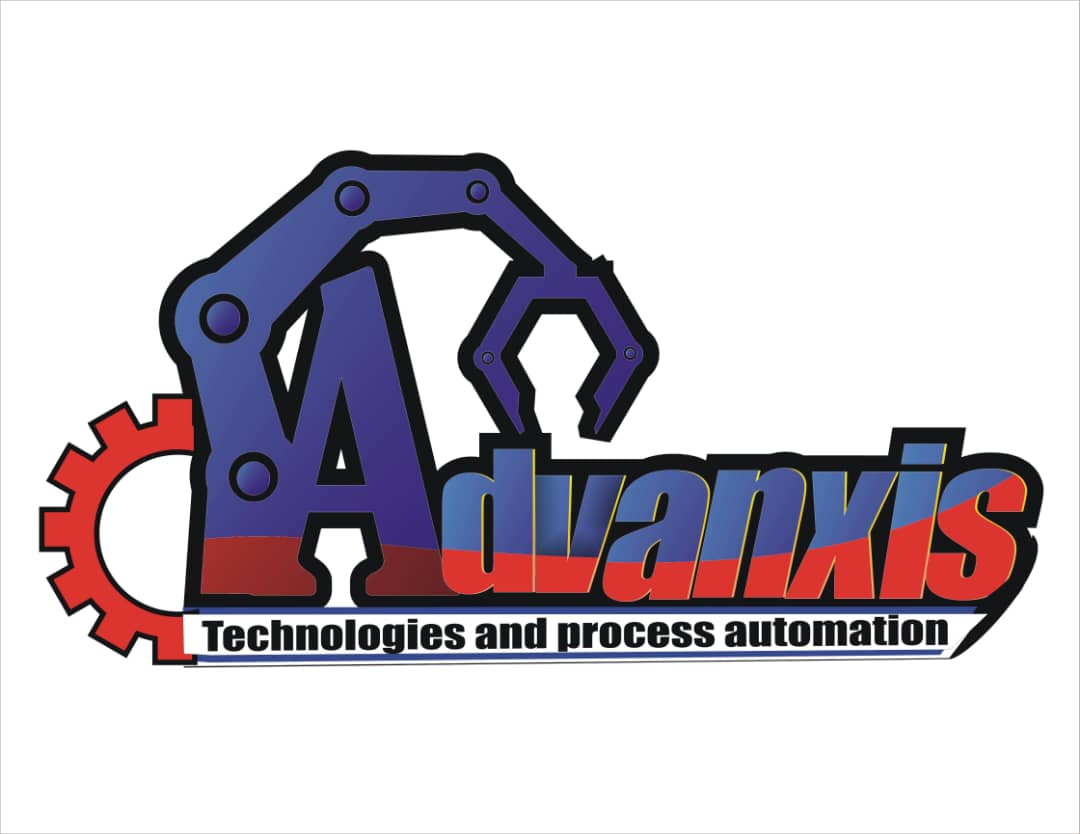LEARNING OBJECTIVES
- Upon completion of the course, participants will be able to:
- list main characteristics of Oil & Gas well effluents, assess problems induced by unwanted compounds,
- explain gathering network design and operations,
- detail field treatment of Oil & Gas streams and processes technology,
- grasp fundamentals of Oil & Gas field processing operations and related operating conditions,
- ascertain the treatment processes necessary for production water and injection water.
COURSE CONTENT
- WELL EFFLUENTS BEHAVIOR
- Different types of well effluent. Main characterization parameters.
- Liquid-vapor equilibrium of pure substances and mixtures. Effluent behavior.
- Constituents that pose problems for storage, transport or commercialization.
- Main specifications to conform with and required treatments.
- FUNDAMENTALS OF RESERVOIR & DRIVE MECHANISM
- Reservoirs: types, exploration techniques.
- Drive mechanisms.
- Enhanced Oil Recovery (EOR): aim and principle of the main techniques.
- FUNDAMENTALS OF DRILLING, COMPLETION & WELL PERFORMANCE
- Drilling principle. Case of offshore drilling.
- Main completion equipment.
- Well performance. Needs for artificial lift: principle of artificial lift by pumping, gas lift…
- WELL EFFLUENT TRANSPORTATION, FLOW-ASSURANCE & GAS HYDRATES PREVENTION
- Gathering network design and operation:
- Main flow assurance issues.
- Multiphase flow. Flow patterns.
- Hydrates formation prevention strategies. Hydrates inhibition.
- Case studies: gas condensate field development; deep-offshore production.
- CRUDE OIL PROCESSING
- Crude stabilization by Multi Stage Separation (MSS): election of the number of stages, effect of operating parameters, management of foam issues.
- Crude dehydration and desalting. Emulsion treatment: operating parameters, internals, chemicals selection.
- Crude sweetening (H2S removal).
- Examples of oil treatment and associated gas compression process schemes.
- PRODUCTION & INJECTION WATER TREATMENT
- Quality requirements for production water. Environment related constraints.
- Main produced water treatments: API oil-water separators, plate separators, flotators, hydrocyclones…
- Reasons for water injection.
- Quality requirements and necessary treatments: chlorination, filtration, oxygen removal, sulfate removal.
- Examples of process schemes for production and injection water treatment.
- GAS PROCESSING & CONDITIONING
- Gas dehydration: TEG units, solid desiccants (molecular sieves) units.
- Gas sweetening. Acid components (H2S and CO2) removal: amine units, molecular sieves, membranes.
- Natural Gas Liquids (NGL) extraction: use of cryogenic refrigeration, Joule-Thompson expansion, turbo-expander.
- LIQUEFIED NATURAL GAS
- Fundamentals of Liquefied Natural Gas (LNG) chain.
Course Duration 36hrs/3weeks
click here to register for this course
